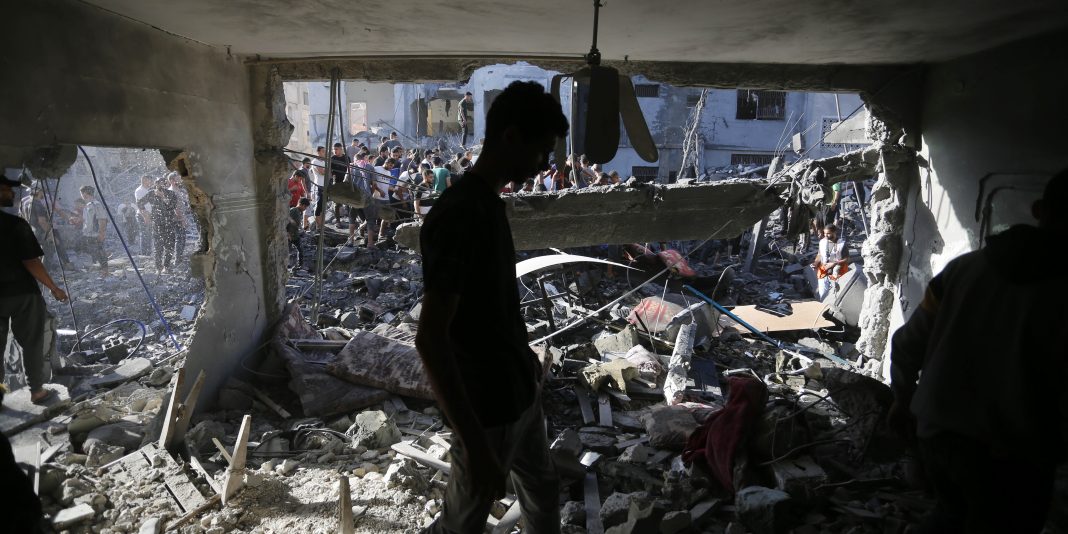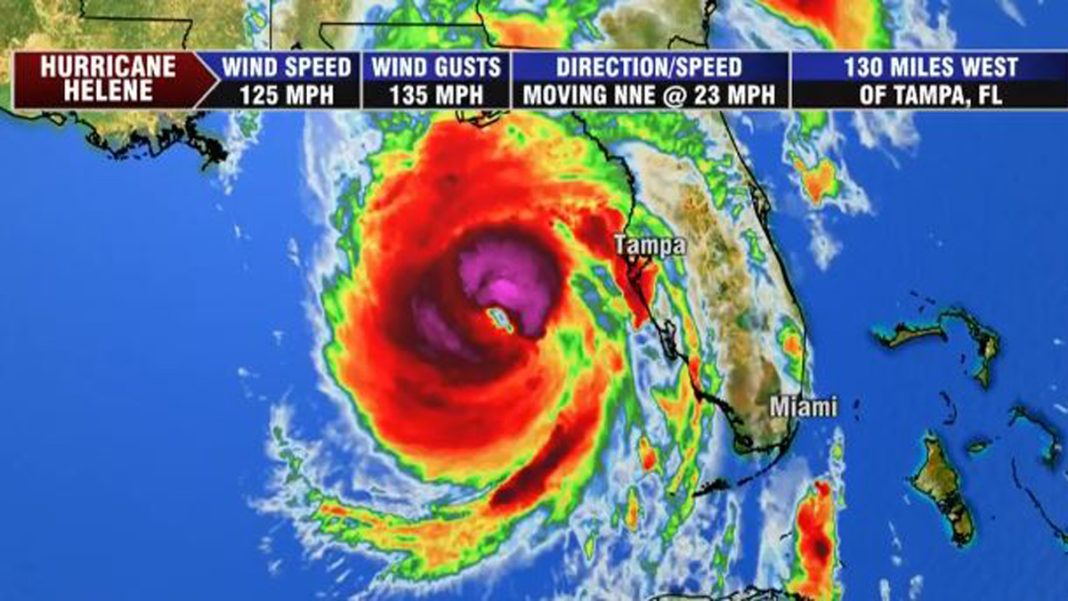In the wake of Marcellus “Khaliifah” Williams’s execution in Missouri, a profound sense of grief and outrage rippled through a gathering of supporters outside the Bonne Terre state prison. Among them was Maha Odah, a Palestinian American activist with Al-Hadaf Kansas City, who had traveled over two hours to stand in solidarity. As Williams’s son, Marcellus Williams Jr., mourned the loss of his father and the opportunity for his son to know his grandfather, Odah couldn’t help but reflect on her own recent losses.
In November, an Israeli airstrike claimed the life of Odah’s grandfather in Gaza, a tragedy that struck just months after she had finally been able to visit him after a decade apart due to restrictive policies. The grief was compounded by the loss of her aunt during the Israeli siege of Nasser Hospital, while her cousin, a surgeon at the facility, remains imprisoned with his whereabouts unknown. “I saw a mirror,” Odah remarked, drawing parallels between the systemic violence faced by Black Americans and Palestinians. “A reflection of these two systems that are both upheld by the U.S. that condemn Black and Palestinian men, our fathers, our grandfathers, and the rest of our families, at the mercy of those who continue to find ways to dehumanize us.”
Williams, a 55-year-old man, was executed despite his claims of innocence and the acknowledgment from some prosecutors that the evidence against him was scant. Governor Mike Parson’s refusal to grant clemency, coupled with the Supreme Court’s inaction, highlighted a troubling reality: the machinery of the state often operates with indifference to calls for justice. This execution occurred amid nationwide protests against Israel’s military actions in Lebanon, which have resulted in significant civilian casualties, including children. The timing was not lost on many; demonstrators connected the dots between state-sanctioned violence in the U.S. and the ongoing conflict in the Middle East.
Maya Finoh, the political education and research manager at the Center for Constitutional Rights, emphasized how Williams’s case underscores the broader implications of state violence. “The execution lays bare the ways in which the criminal legal system is designed to still engage in Islamophobic anti-Black violence,” she stated. For young activists who have been vocal against the war in Gaza, Williams’s fate serves as a stark reminder of their own lack of agency in a system that often disregards their voices. “It’s a feeling of despair and hopelessness,” Finoh added, reflecting on the disconnect between the government’s actions and the needs of marginalized communities.
The sentiment of shared struggle resonated deeply during protests across the country. In New York, Nerdeen Kiswani, founder of Within Our Lifetime, a Palestinian liberation group, learned of Williams’s execution while leading a march to the Israeli consulate. She recited Williams’s poignant poem, “The Perplexing Smiles of the Children of Palestine,” transforming it into a collective call and response with the crowd. “When it comes to Black and brown people, the state has always executed its violence on our communities,” she asserted, highlighting the interconnectedness of struggles faced by marginalized groups.
This solidarity was palpable in various cities, where activists drew parallels between the plight of Palestinians and the experiences of Black Americans. Eyad El-Akoum, a Lebanese organizer in Houston, pointed to the alarming trend of indefinite detentions of Palestinians without charges, echoing the fears surrounding Williams’s execution. “There are thousands of Palestinians that are sitting in Israeli prisons that have done nothing,” he noted, emphasizing the shared vulnerabilities faced by these communities.
Yet, amidst the outpouring of grief and calls for justice, a notable silence emerged from political leaders. Neither major party presidential candidate issued a statement regarding Williams’s execution, leading to concerns about the implications of such apathy. Representative Delia Ramirez expressed her frustration, stating, “Silence in this precise moment feels like complicity.” The lack of response from Democratic leadership, particularly in light of the party’s historical ties to issues of racial justice, has left many young voters feeling disillusioned.
The absence of acknowledgment from those in power is particularly troubling given the context of ongoing protests and the growing urgency for systemic change. Representative Cori Bush highlighted the disconnect between campaign promises and political realities, noting that the current administration has escalated conflicts abroad while failing to address domestic issues like capital punishment. “These injustices feel personal,” Bush remarked, capturing the frustration of a generation that has been raised to reject violence against innocent lives.
As the protests continued, Odah and her fellow activists remained resolute in their commitment to fight against the dehumanization of their communities. “It’s because our communities know what state violence looks like,” she stated, drawing on her experiences as both a Palestinian and an advocate for Black liberation. The parallels between their struggles are not just theoretical; they are lived realities that demand recognition and action.


